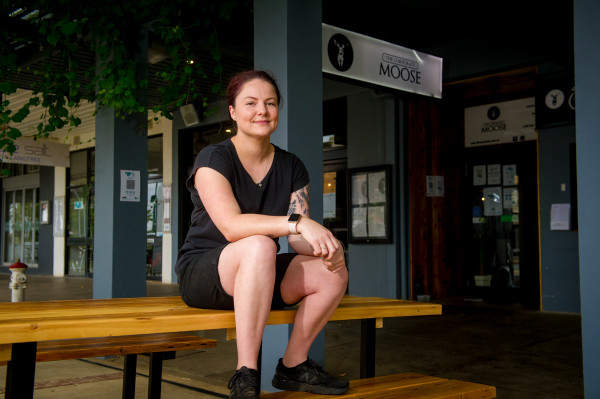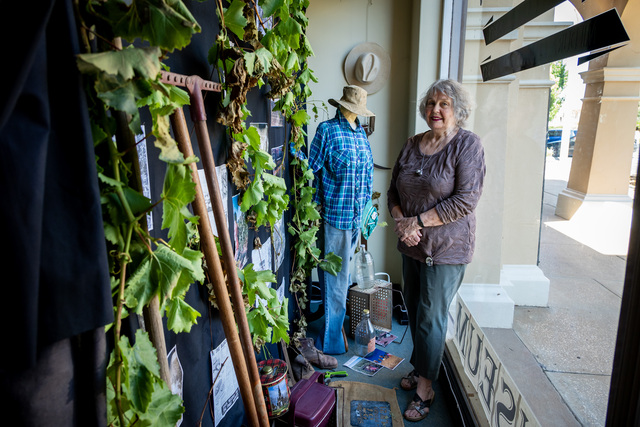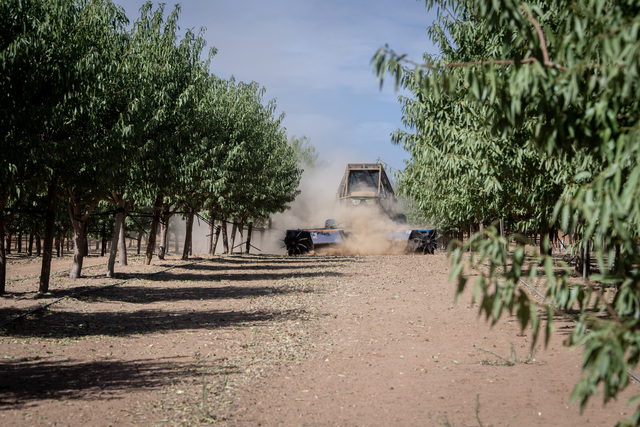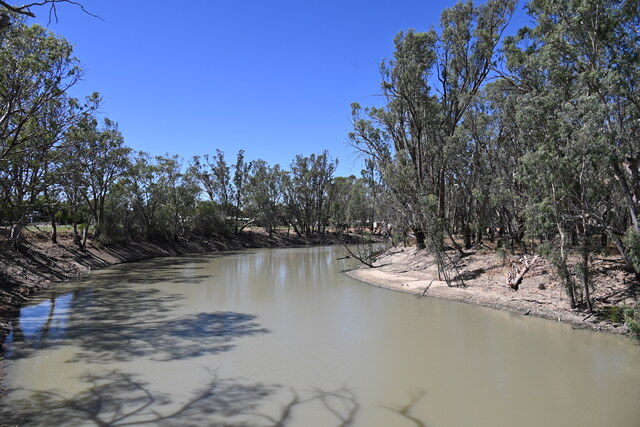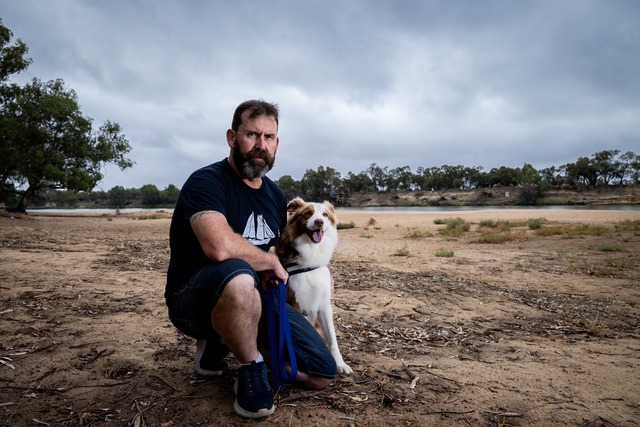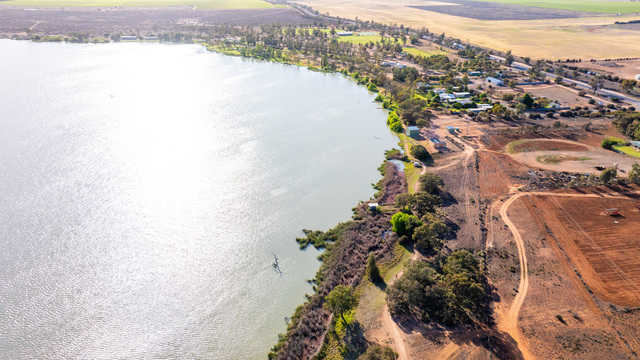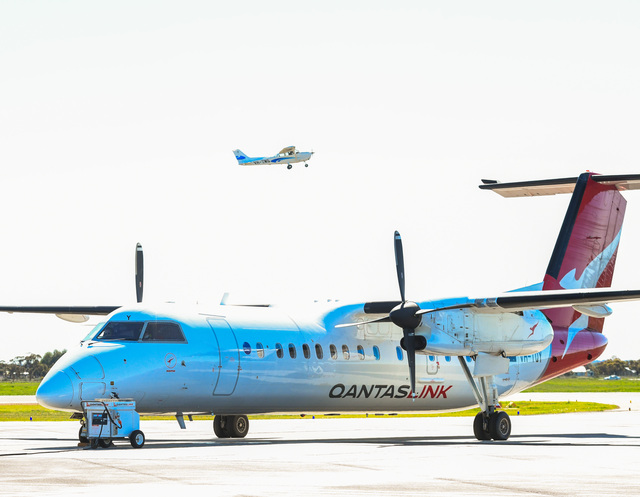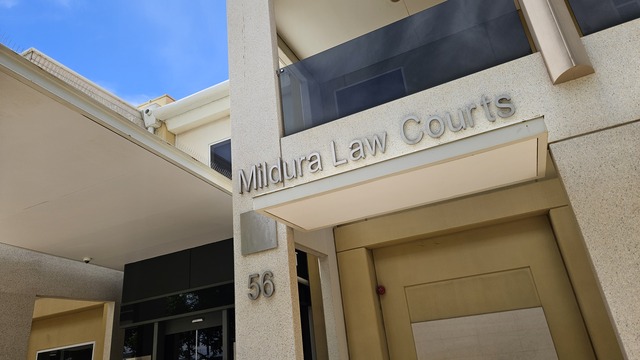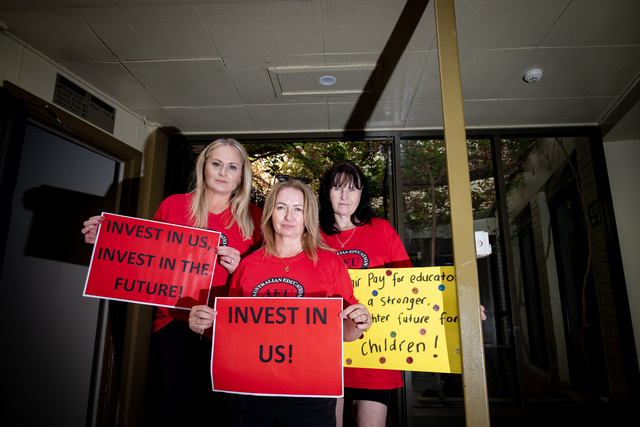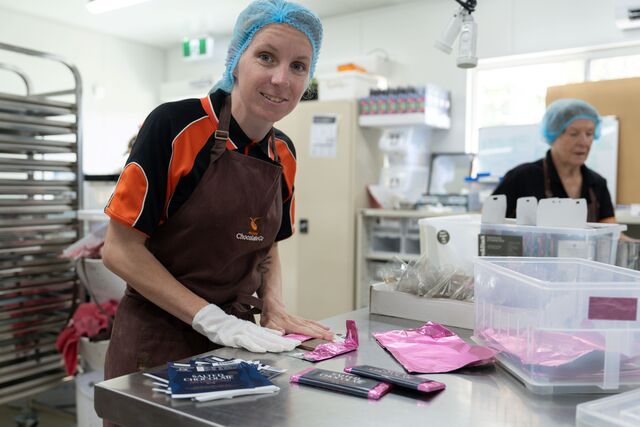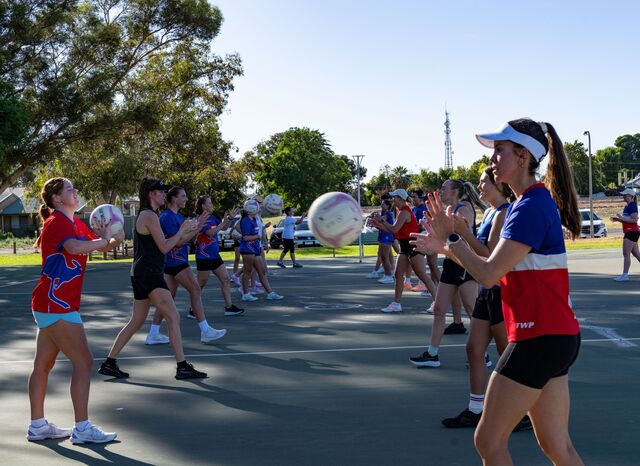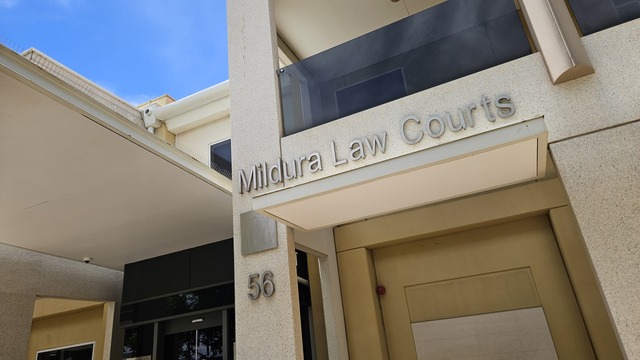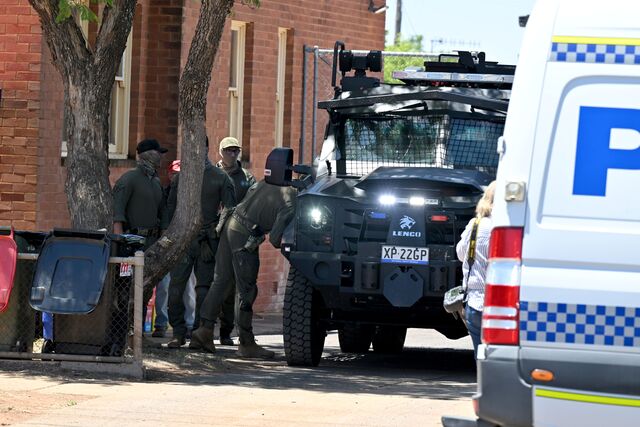MILDURA’S cafes and restaurants are plastered with job vacant signs in another blow for a hospitality industry trying to recover from the devastation of Victoria’s COVID-19 lockdowns and closed borders.
The Corporate Moose bar and eatery manager Trista Rickard said the Feast Street business had been searching for part-time and casual workers for more than a month but kept coming up empty.
And she is far from alone, with more than half of the restaurants around Mildura’s city heart advertising job vacancies since the start of the year.
As of Wednesday, 15 of the 37 restaurants, cafes and bars checked by Sunraysia Daily around Mildura’s city heart had been searching for staff through window signs, online or a combination of both this month, while nine more had advertised in January.
Ms Rickard said her 14 employees – spread across the kitchen, bar and front of house – would be drastically reduce this week when seven of them head back to university.
After advertising on Facebook, Ms Rickard said she had received more than 30 applications this month through the site’s pre-filled application form, which sends public details – like employment history – from the applicant’s profile to the employer but does not ask for a cover letter or resume.
Despite asking applicants for resumes by email – sometimes sending 12 a day – Ms Rickard said she rarely received a reply.
“I’ve only done three interviews out of the 30 people who have applied for the jobs,” she said.
“When I started my first job I had no skills and was thrown in the deep end, so I know what it can be like and I’m willing to give people a go.
“I’m happy to answer those ‘dumb’ questions, to help people who want to step out of their comfort zone and try something new.
“But nobody seems to want to do that.”
Ms Rickard said she had never seen anything like it during her 16 years in the industry and speculated whether those on JobSeeker payments discouraged them from getting jobs.
“I don’t know whether this town is losing people or if people are losing interest in working in hospitality, or if it’s all due to COVID-19, but it has befuddled me, that’s for sure,” she said.
“The payments, like JobSeeker and JobKeeper, have been a lifeline for some, but for others it has been a roadblock for them to try to keep their business running.
“So at the moment I’m just waiting because, and I hate to say it, I think March might be when we see people needing jobs once that supplement is cut.”
The supplement, which is paid to eligible recipients including JobSeekers and others on income support like Youth Allowance and Austudy, was introduced by the Federal Government in April as a safety net for those impacted by the pandemic.
Until March 31, the supplement will be paid to eligible recipients at a rate of $150 per fortnight, after the government announced an extension of the payment in November.
Recipients were previously paid a rate of $550 per fortnight until September 25, when it fell to $250 before December’s cut to the current rate.
Struggles outside of home
JOBS with high levels of social interaction and that cannot be performed from home are struggling to recover after COVID-19 job losses according to new figures from the Australian Bureau of Statistics (ABS).
The data, which examined labour force trends last year, found in the nine months to last November, jobs such as gardening, handyperson and digital work, including database and system administration surged, while housecleaners, waiters, concreters and beauty therapists fell.
Separate research by University of Melbourne economics professor Jeff Borland confirmed the ABS data, showing occupations with high levels of social interaction or that could not be performed from home fell 13.3 per cent at the height of the COVID-induced job losses and stayed below pre-COVID levels.
However, jobs that could be worked from home, with little or no need for social contact, took a minimal hit and recovered by November.
“My feeling is, as long as COVID is around, what happens will continue to be determined by those two characteristics,” Prof Borland told The Australian this week.
In November, Prof Borland told website The Conversation raising the JobKeeper payment would not act as a disincentive for people to take up paid work.
His employment review between last March and September, when the payment almost doubled, found JobKeeper recipients were not less likely to move into employment and job vacancies did not take longer to fill.
“Compared to 2017, 2018 and 2019, the flow from unemployment into employment collapsed in April, when the onset of COVID-19 cost 607,000 people their jobs,” he wrote.
“But in the following months, while JobKeeper remained doubled, the proportion of unemployed people who transitioned into employment returned to previous monthly benchmarks.”
Other Sunraysia towns feel pinch
MILDURA isn’t the only town in Sunraysia reeling from the apparent lack of hospitality workers.
Kate Brackenridge-Blume has been advertising for a “full-time all rounder” at the Victoria Hotel in Ouyen for nine months, but so far hasn’t found anyone.
“Most people who live here (in Ouyen) already have steady jobs,” she said.
In the past she has hired backpackers to help with the work, but over the past year there has been none to find, she said.
The hotel has four staff and is open Wednesday to Sunday. Ms Brackenridge-Blume said one extra full-time staff member would make it possible to open on Monday and Tuesday, and locals were keen for the pub to open again early in the week.
Business owner Matt Shaddock early in the week said he didn’t know when the hotel would have able to open again.
“My mates in town are all asking when the hotel will open again (on Mondays and Tuesdays),” he said.
The business made a loss in January after a hopeful December turnover, he said.

